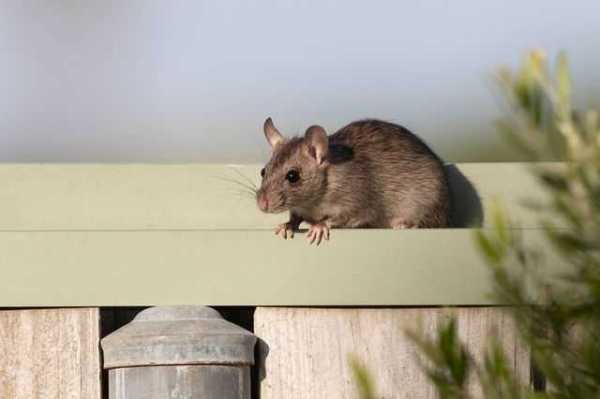
Rats are more likely to invade gardens in winter, preparing for the cold by chewing on plants for and digging up flowerbeds to create a shelter.
It's crucial to get rid of or mice as soon as they're spotted, as they breed rapidly and carry diseases that can contaminate garden soil. While many gardeners use poison to kill rodents, it's strongly advised not to do this without consulting a pest control professional, as it can harm local wildlife, neighbourhood cats, or even beloved pets.
Instead, James Neal, an expert from suggests using a natural method to keep rats at bay - growing specialised plants around your property. James said: "Instead of using pesticides and potentially damaging products, why not consider incorporating some of these rodent and insect-repellent plants?"
READ MORE:
Plants like the Mole Plant, also known as caper spurge, are among the best to have in your garden to deter rats as they produce strong-smelling chemicals that rats cannot tolerate. Rats have incredibly sensitive noses and any plants with a strong scent can easily overwhelm them and make it difficult for them to stay in an area as the plant will mask the scent of food.
This plant also produces sap that will greatly irritate rats if they touch it, discouraging them from not only chewing on this plant but also anything else growing in your garden.
Mole plants are favoured for keeping rats at bay; however, they're also effective against other rodents such as mice and moles. James explained: "Molehills and mice droppings can transform your garden from a lovely, relaxing space into a pest-infested enclosure, so the use of Mole Plant is highly recommended.
"Containing the ingredient, castor oil – a well-known mole repellent – makes this plant top of the list if these pesky creatures are visiting your garden."
Sage acts as a deterrent for rats mainly due to its potent aroma, which is pleasing to humans but repulsive to rats, reports . Not only does sage annoy rats with its scent, but it also has oils that give its leaves a bitter taste, discouraging rats from consuming any plants or nesting nearby.
Gardeners are further encouraged to have a herb patch with plants like peppermint, lavender, and rosemary, which also keep rats at bay thanks to their strong scents.
James mentioned: "Much like basil and lavender, sage has a strong aroma which, while pleasant for humans, is overwhelming for rodents and bugs. Most gardeners opt for placing sage around the plants that are being targeted, creating an effective yet hugely affordable barrier.
"And even better, sage is one of the more versatile plants, which means it will happily grow in any soil type so long as it is exposed to the sun." Oregano does not receive a concluding statement in the provided text.
Rats often venture into gardens in autumn, attracted by the ripe vegetables ready for harvest, which is why planting oregano near your crops can be a game-changer. Oregano's strong scent is repulsive to rats, and its spicy taste deters them from nibbling on nearby plants.
Rats tend to associate bitter flavours with poison, so they'll likely steer clear of a garden filled with oregano, deeming it dangerous and barren of food. Not only does oregano act as a natural rodent repellent, but it also boasts antifungal properties that protect soil from common plant diseases.
expert James advised: "Most gardeners opt for using oregano to shield garlic, onions and chives in particular, so it is most definitely a valuable addition to your vegetable patch."
He added: "Ideally, oregano should be homed in an area that sees at least 6 hours of sun a day and can receive a steady supply of moisture."